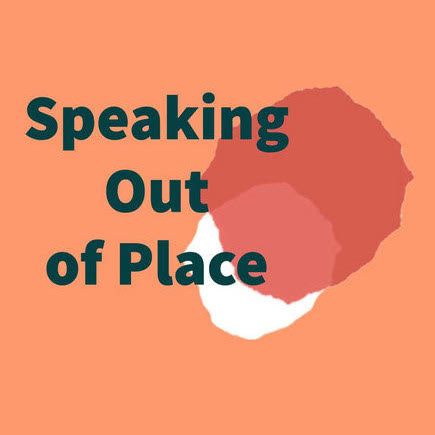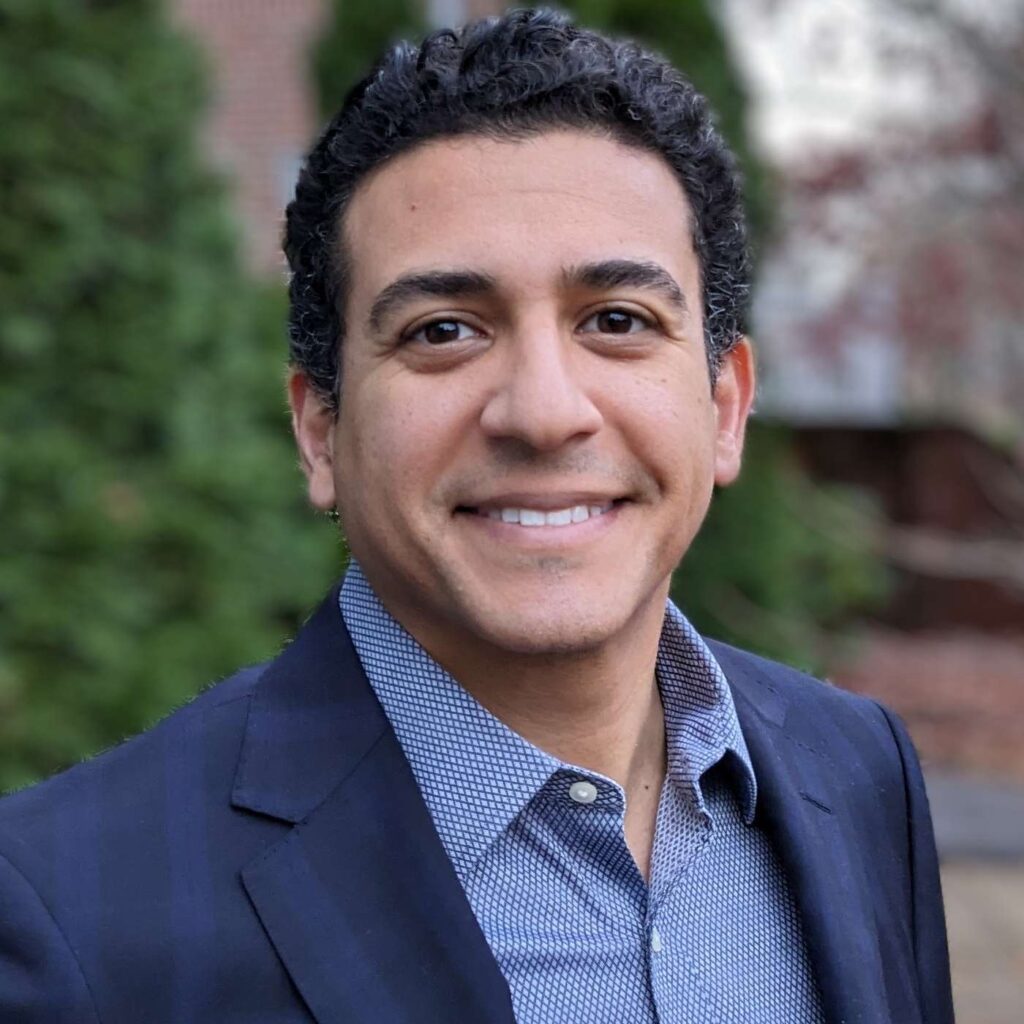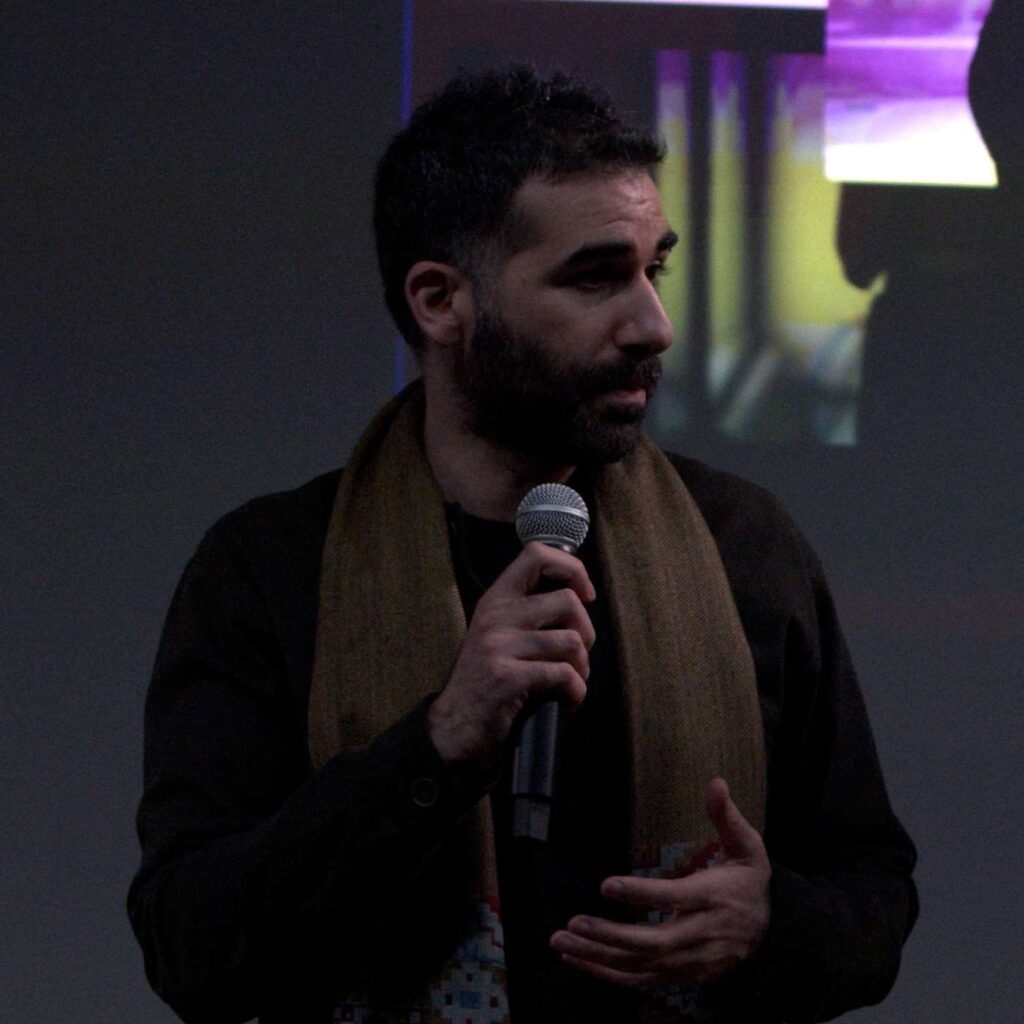Today we speak with two scholar-activists who are using satellite technologies and other tools to work for environmental justice, with specific attention to prisons and prison populations. They monitor air quality, water quality, extreme weather and other quantities relevant to EJ. Ufuoma Ovienmhada and Nick Shapiro show how people of color and other socio-economically marginalized groups in the United States experience a disproportionate burden of environmental challenges such as exposure to air pollution, contaminated water, habitat loss, and disrupted livelihood due to natural hazards and climate change. They challenge the idea of scientific neutrality and objectivity, uncover multiple ways that power works to dominate these populations in many guises, and they speak compellingly about listening to and working with communities on projects for liberation and abolition.
Ufuoma Ovienmhada is a postdoctoral scholar at the University of Arizona, School of Geography, Development, and Environment where she researches satellite data and machine learning applications for measuring flood exposure inequity. Prior to beginning this position, Ufuoma completed a PhD at the Massachusetts Institute of Technology in the Aeronautics and Astronautics Department. In her dissertation, she employed a multi-method approach to research the distribution of environmental hazards in carceral landscapes, co-design Earth Observation technologies to support environmental justice advocacy, and make recommendations for how the Earth Observation ecosystem at large can better serve environmental justice goals.
Dr. Nicholas Shapiro, Assistant Professor at UCLA’s Institute for Society & Genetics, is a multidisciplinary environmental researcher that studies, and designs interventions into, issues of chemical contamination and climate change. He is the director of Carceral Ecologies, a lab focused on the environmental health conditions of carceral institutions. His first book, Homesick, about how housing became a seat of toxicity and what we can do about it is forthcoming with Duke University Press. Today we speak with two scholar-activists who are using satellite technologies and other tools to work for environmental justice, with specific attention to prisons and prison populations. They monitor air quality, water quality, extreme weather and other quantities relevant to EJ. Ufuoma Ovienmhada and Nick Shapiro show how people of color and other socio-economically marginalized groups in the United States experience a disproportionate burden of environmental challenges such as exposure to air pollution, contaminated water, habitat loss, and disrupted livelihood due to natural hazards and climate change. They challenge the idea of scientific neutrality and objectivity, uncover multiple ways that power works to dominate these populations in many guises, and they speak compellingly about listening to and working with communities on projects for liberation and abolition.











